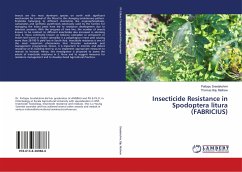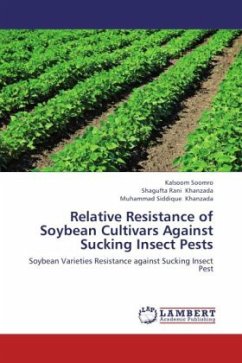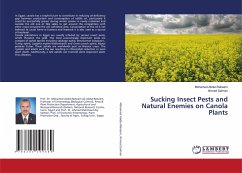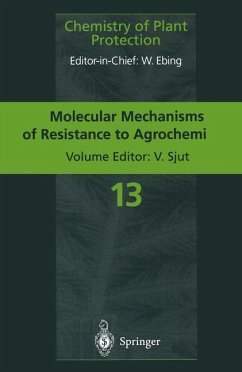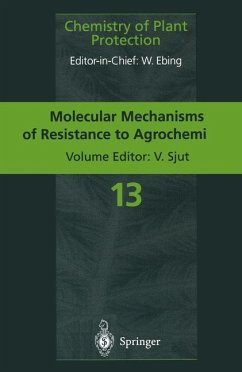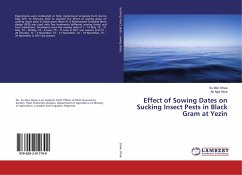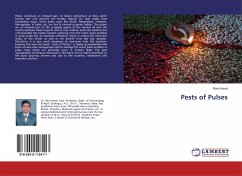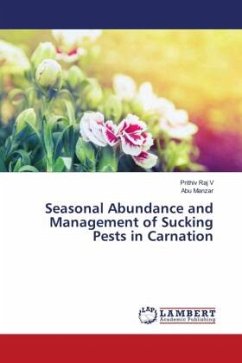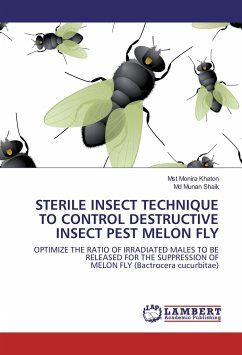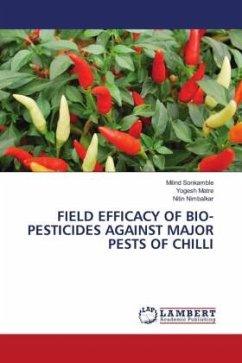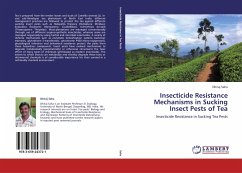
Insecticide Resistance Mechanisms in Sucking Insect Pests of Tea
Insecticide Resistance in Sucking Tea Pests
Versandkostenfrei!
Versandfertig in 6-10 Tagen
45,99 €
inkl. MwSt.

PAYBACK Punkte
23 °P sammeln!
Tea is prepared from the tender leaves and buds of Camellia sinensis (L). In vast sub-Himalayan tea plantations of North East India, different management practices are followed to protect the tea against different sucking insect pests such as Helopeltis theivora (Hemiptera: Miridae), Empoasca flavescens (Homoptera: Cicadellidae), Scirtothrips dorsalis (Thysanoptera: Thripidae). Most plantations are managed conventionally through use of different organo-synthetic insecticides, whereas some are managed organically by using herbal and microbial insecticides. A variety of defense mechanisms such a...
Tea is prepared from the tender leaves and buds of Camellia sinensis (L). In vast sub-Himalayan tea plantations of North East India, different management practices are followed to protect the tea against different sucking insect pests such as Helopeltis theivora (Hemiptera: Miridae), Empoasca flavescens (Homoptera: Cicadellidae), Scirtothrips dorsalis (Thysanoptera: Thripidae). Most plantations are managed conventionally through use of different organo-synthetic insecticides, whereas some are managed organically by using herbal and microbial insecticides. A variety of defense mechanisms such as enzymatic detoxification systems (carboxyl-esterases, glutathione S-transferases, cytochrome P450 mono-oxygenases), physiological tolerance and behavioral avoidance protect the pests from these hazardous compounds. Insect pests have evolved mechanisms to degrade metabolically (enzymatically) or otherwise circumvent the toxic effect of many types of chemicals synthesized as modern insecticides. The extent to which insects can metabolize and thereby degrade these toxic or detrimental chemicals is of considerable importance for their survival in a unfriendly chemical environment.



